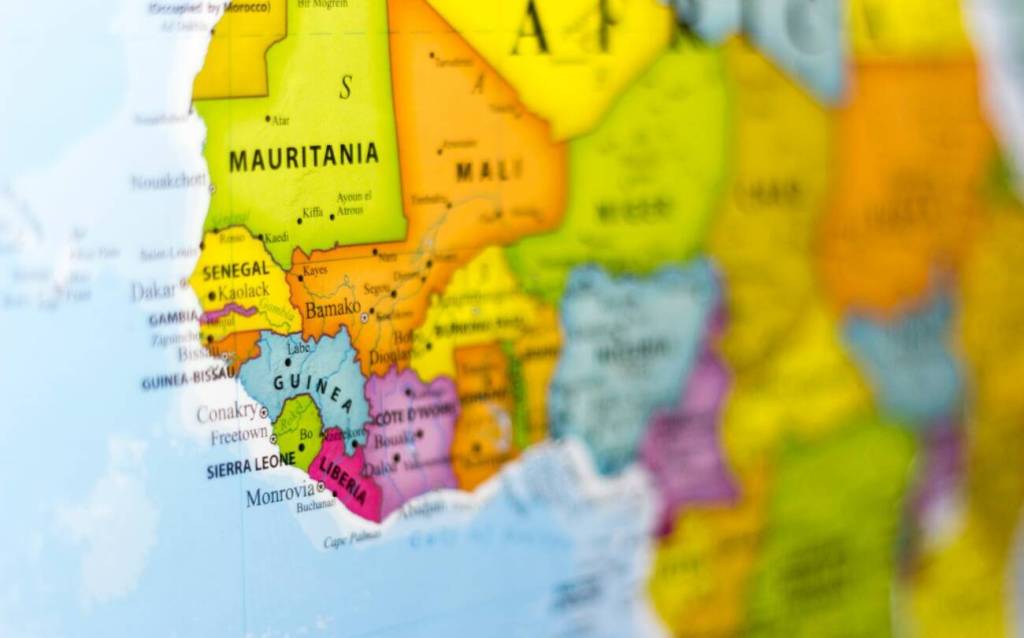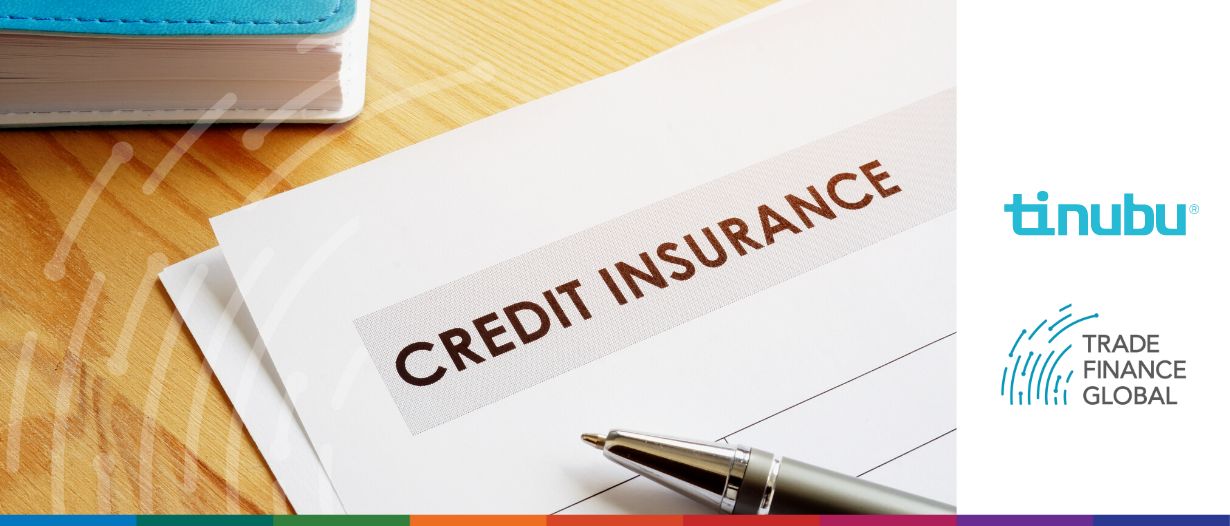Estimated reading time: 7 minutes
Gaining access to finance is one of the most critical hurdles for micro, small, and medium-sized enterprises (MSMEs). Nowhere in the world is this more evident than in West Africa.
In a region where MSMEs make up the majority of domestic employment, supporting their expansion is vital for sustainable economic growth, reduced poverty, and future stability. However, barriers such as conflict, a lack of banking participation, and inadequate support structures stand in their way.
Regional challenges
As China has become an important partner and a source of economic support in West Africa, several governments in the region are under pressure from rising debt and liquidity issues associated with expensive borrowing and a rising US dollar. Whilst alternative support is available, including the Partnership for Global Infrastructure Initiative announced by the G7 in June 2022, making sure any funding facilitates growth in a sustainable way remains a challenge.
Trade between the UAE and Africa has recorded steady growth in recent years, with the UAE becoming the fourth-biggest investor in Africa in 2021 by investing in 71 different projects worth USD$5.64 billion (with the active support of Etihad).
Etihad Credit Insurance (ECI), in association with its British counterpart UK Export Finance (UKEF), supported a major initiative in the Republic of Senegal – bolstering Senegal’s national emergency response capabilities with a USD$152 million deal.
However, sovereign risk remains a critical issue, noticeably under the shadow of Nigeria’s enormous national debt. Amid ongoing tension, the region’s strongest local supporter – South Africa and its export credit agency (ECA), ECIC – has retreated from subscribing to higher foreign risk since the start of 2022, reducing its medium- and long-term guarantees on large projects.
Like some ECAs in other parts of Africa, ECIC is now focused on providing short-term credit insurance guarantees, which are much needed by its local economy, and lower in risk.
In November 2022, ECI took part in the coverage of sovereign risk in Ghana, signing with the Israel Export Insurance Corporation (ASHRA) to guarantee the building of four hospitals. However, the country defaulted in that same month. An agreement was formed with the IMF for USD$3 billion of support in May 2023, with an immediate disbursement of USD$600 million.
Such incidents tend to make African and regional credit insurers and reinsurers much more cautious about medium- and long-term coverage and are something the new CEO of ECI, Mrs Al Mazrouei – who took over in December 2022 from Massimo Falcioni – will probably pay close attention to before signing medium- and long-term deals in Africa.
Already troubled by local conflicts, the war further afield in Ukraine that is driving inflation with rising food and fuel costs has only increased the chances of further civil unrest in the region.
With inadequate governance, higher military spending, and a lack of investment, West Africa’s average human development index – a measure of average human achievement in areas including a long and healthy life, knowledge, and living standards – sits concerningly at around 0.5, and is significantly lower than other developing regions.

A youthful advantage
The World Bank estimates that West and Central Africa’s real GDP is set to decline to 3.4% in 2023, from 3.7% in 2022. Per capita, this is even lower, due to rapid population growth. In sharp contrast to an ageing global population, almost half of West Africans are under the age of 15, and the region is projected to be home to 10% of the global population by 2059.
West Africa’s youth represent a significant opportunity and hold the key to driving economic activity and political stability, but only if given the tools to do so. Ensuring access to employment will depend heavily upon the region’s MSMEs. In some countries, they account for 80% of all jobs, and are owned and run by locals, ensuring profits are circulated back into the local economy.
Under the banking radar
Whilst MSMEs may hold the key to employment and economic growth, many do not have access to critical financing that would allow them to do so. In developing countries, the MSME financing gap is valued at approximately USD$5 trillion. For West Africa, where MSMEs make up almost 50% of GDP, the lack of inclusive finance is a major hindrance.
Ghana alone has USD$4.9 billion in demand for MSME financing, yet USD$2.2 billion of that demand remains unmet.
Whilst the concept of supporting MSMEs appears to be simple, the challenge in West Africa is that most businesses operate entirely outside of the banking system. Without the knowledge or resources to comply with the banks’ requirements, they cannot provide any proof of their financials through traditional methods, meaning that they appear to have no collateral or guarantee to offer up to the banks.
Therein lies the main problem.
Whilst the banks may have the capacity and appetite, how can they lend money to a business that appears to have nothing?
For example, although Nigeria is becoming more and more dynamic, and is a country where small businesses are responsible for over 80% of the nation’s employment, only 15% reported having a bank loan or line of credit.
Without the ability to borrow from the bank, MSMEs are resorting to friends, family, or donations to access capital, which usually comes at a higher cost or places limits on their potential.
The case for short-term credit insurance
Recently, short-term credit insurance has been recognised as a potential domestic solution to support MSMEs, offering guarantees and facilitating access to vital finance.
Countries such as Kenya and Ethiopia are already working towards this, providing small guarantees directly to micro businesses.
However, in West Africa, short-term credit insurance is in its infancy. The presence of government ECAs is low, and where they do exist, their function is usually solely focused on supporting large-scale projects through medium- and long-term credit insurance.
These projects do not necessarily support the businesses and communities that need it most. Whilst there is talk among many countries of developing a solution for small businesses as part of a new or existing ECA, the local resources, knowledge, and expertise required are not always readily available.
Short-term credit insurance, being less risky and requiring a shorter commitment than its medium- and long-term counterparts, provides a commercial opportunity for local private insurers and reinsurers to serve as a crucial link between businesses and banks.
The absence of banking records remains a challenge. One creative solution?
Work in partnership with mobile phone networks. Thanks to its youthful population, smartphone usage rates have soared in the region.
More people across Africa now use their smartphones to pay, reducing the personal risk of carrying cash. Mobile phone networks have become the real banks, and the custodians of important information such as a user’s payment history and purchasing habits.

Whilst government regulation would need to develop to enable sharing of data and the protection of private information, telecommunications companies such as Vodafone, Telefónica and Airtel could share a business owner’s payment history and habits, filling the void left by a lack of banking information. When a business loan size may be only around USD$5000, this should be an adequate amount of information to qualify.
At a time when innovation means that satellites can analyse a single plot of land for its nutrient content and identify the best crops to plant, the opportunity to support MSME financing through innovative assessment methods is an exciting prospect.
Not only can banks and insurers now support homegrown businesses, but they can also identify those that show the most potential and target their support accordingly.
Harnessing opportunity
While West Africa’s youthful population continues to boom, the region is at risk of being unable to capitalise on its dynamic potential. Rather than just increasing military interventions in response to rising conflict, providing access to secure employment should be seen as the pathway to long-term stability.
Enabling homegrown businesses to expand and thrive will depend on how the region addresses the growing finance gap and the hurdles that stand in the way. With several countries lacking the governmental capability or knowledge to run their own ECA, and with most small businesses excluded from the banking system, the region has its work cut out for it.
For private insurers and reinsurers, this represents an untouched market with an opportunity to deliver local support through innovative short-term credit insurance solutions.



























